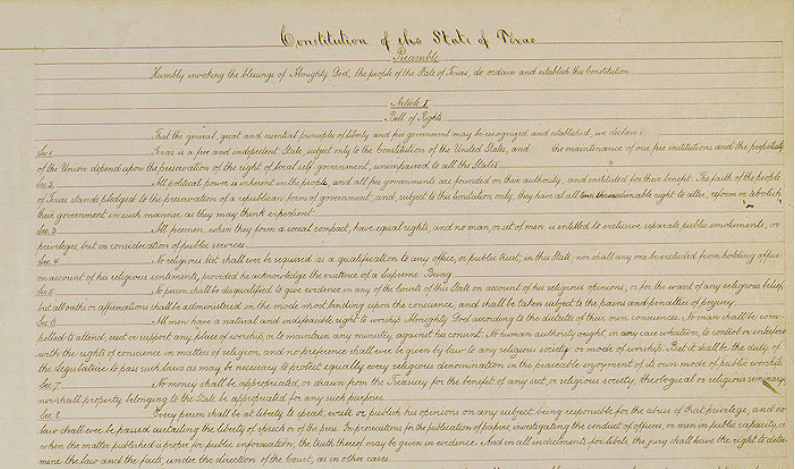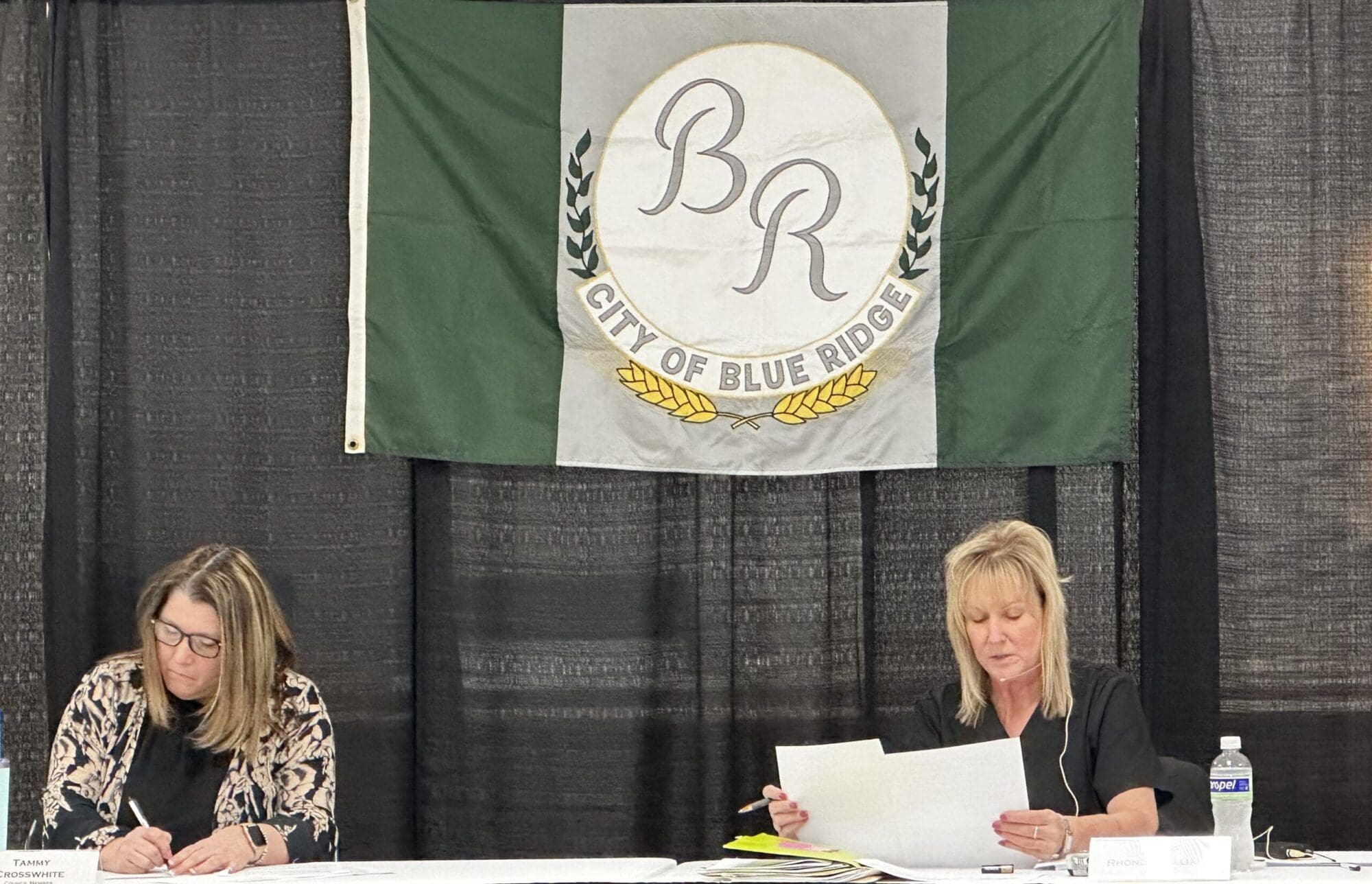As they do each odd-numbered year, Texas voters will decide whether to amend the state constitution in a variety of ways proposed by the Legislature.
This year, eight constitutional amendments are slated to be on November’s statewide ballot.
In Texas, only the Legislature may initiate changes to the Constitution. According to Ballotpedia, state lawmakers filed more than 200 constitutional amendments this legislative session.
To be placed on the ballot for voters to consider, the proposed amendments had to be approved by at least two-thirds of lawmakers in each chamber of the Texas Legislature (100 votes in the House and 21 votes in the Senate).
Below are measures that made the cut. Two were filed in direct response to government restrictions imposed during the COVID-19 outbreak, two expand current homestead tax breaks, and two address judicial officeholders.
Prohibition on Limiting Religious Services [SJR 27]
State and local governments may not enact any rules that prohibit or limit religious services by religious organizations.
Right to Designated Essential Caregiver [SJR 19]
Residents of nursing, assisted living, and similar residential facilities have the right to designate an essential caregiver who may not be denied in-person visitation.
Homestead Tax Exemption for Surviving Military Spouses [SJR 35]
Expands the current homestead tax exemption to include surviving spouses of service members fatally injured in the line of duty, along with those killed outright.
Homestead Tax Limit for Surviving Spouses of Disabled [HJR 125]
Extends the current homestead school tax limit for disabled individuals to surviving spouses who are at least 55 years old and reside at the home.
Eligibility Requirements for Certain Judicial Offices [SJR 47]
Adds that state supreme court and court of appeals justices, and court of criminal appeals judges, must be Texas residents at the time of election who have been practicing lawyers licensed in the state of Texas and/or Texas state or county court judges for at least 10 years (the current amount of experience), with no suspensions of their licenses. Requires district court judges to have eight years of Texas law practice and/or court judge experience, with no suspensions—twice the current requirement of four years of combined experience.
Authority of State Commission on Judicial Conduct [HJR 165]
Authorizes the Commission to investigate complaints and reports against candidates for state judicial office, in the same manner it does judicial officeholders.
County Infrastructure Bonds in Blighted Areas [HJR 99]
Authorizes counties to issue bonds to fund infrastructure and transportation projects in underdeveloped, unproductive, or blighted areas.
Charitable Raffles at Rodeo Venues [HJR 143]
Designates sanctioned rodeos as professional sports teams and authorizes professional sports team charitable organizations to conduct raffles at rodeo venues.
The Texas Constitution has been amended more than 500 times since it was adopted in 1876.
Since 1995, voters have approved about 90 percent of proposed constitutional amendments.
Voter participation is generally low. Turnout over the past decade has ranged from 8 to 12 percent.
This year’s constitutional amendment election will be held on November 2, 2021.





